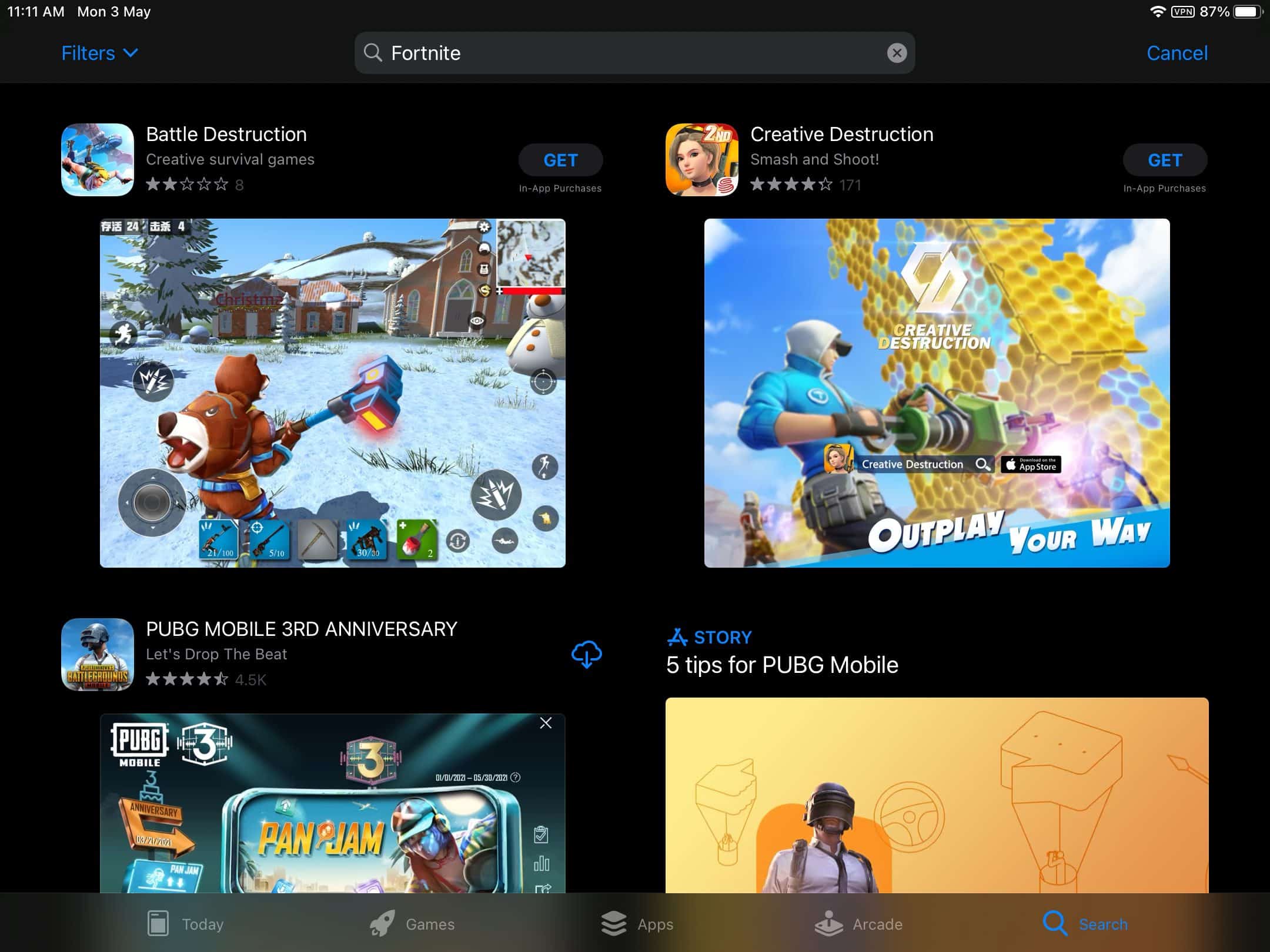Epic Games — a large video game vendor is taking on Apple — one of the largest smartphone vendors in court regarding Apple’s decision to suspend Fortnite from the app store. Epic Games allegedly violated Apple’s app store policy by creating a payment option that bypasses Apple’s payment system.
Apple collects a percentage of apps’ revenue (the percentage varies), and Epic Games as well as some other companies such as Spotify aren’t too happy about that. The fees can be as high as 30%, which presents a financial challenge for app vendors.
Spotify alleged that the app store fee makes it difficult to compete with the price of Apple Music because Spotify has to not only cover its own expenses, but it has to pay Apple as well. Epic Games on the other hand is taking on Apple’s tight control off app distribution on iOS devices. iOS devices don’t allow side loading, which gives Apple complete control over which apps can run on iPhones or iPads.
Apple says that their tight control enables them to protect users from malicious apps, and that app store fees cover the cost of their thorough app review process. However, Mac OS, BSD variants, and Linux have enjoyed impressively low malware infection rates for decades, and they have allowed sideloading all this time.
A company that does a good job at filtering out malicious apps (for example: Apple) can make that excuse, but the question lingers — is it acceptable for them to dictate what a person can or can’t install on their own phone or tablet? Right now, iPhone and iPad users can’t get Fortnite because it isn’t in the app store, and you have those restrictions to thank for that.
Many are anticipating the outcome of this trial, and it is drawing attention to the lack of freedom iOS users have to sideload apps. Could this lead to a ruling that forces Apple to allow sideloading? Let us know in the comments!






